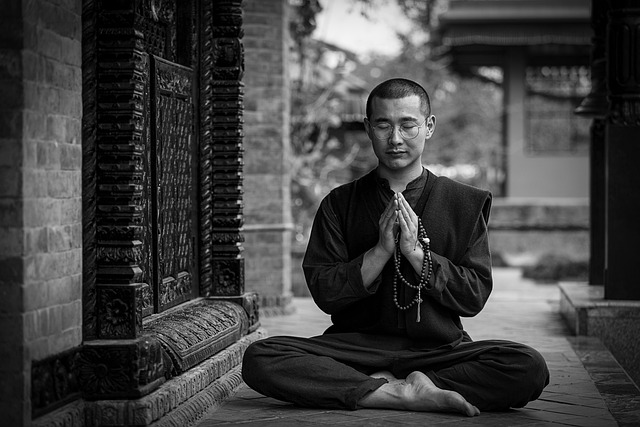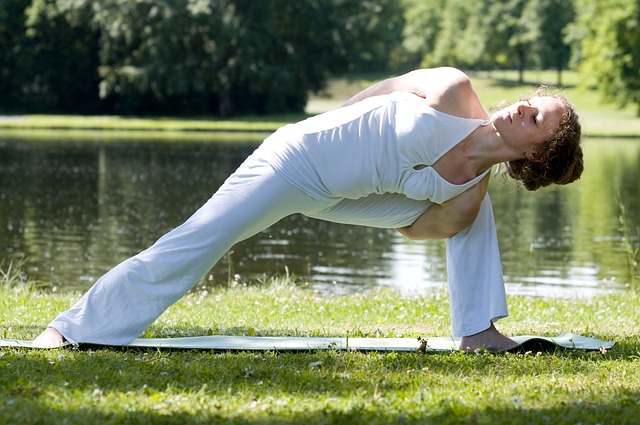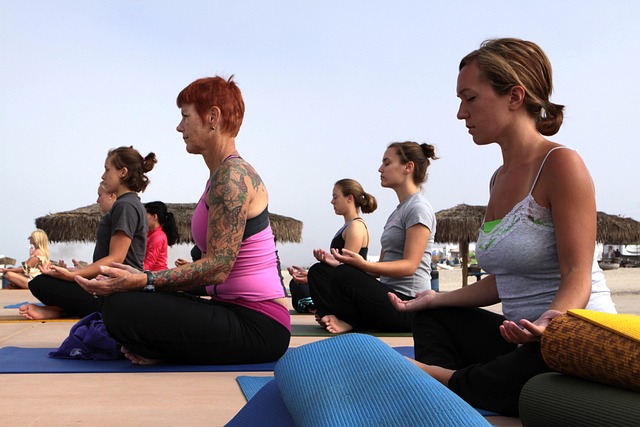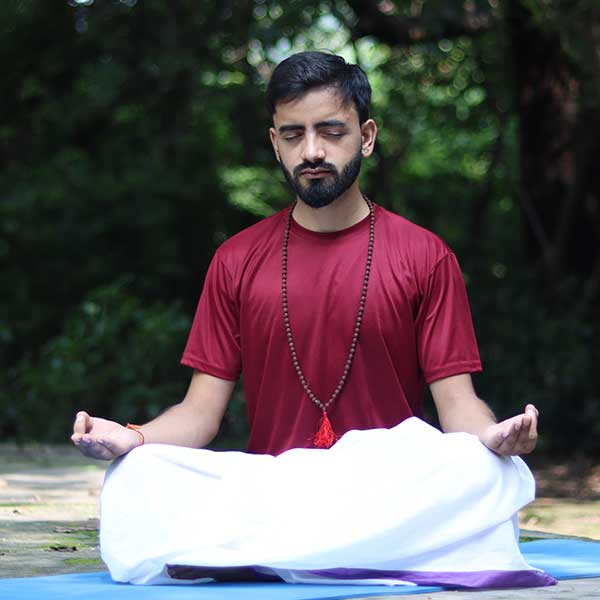
Meditation: Finding Peace and Balance in a Hectic World
Introduction to Meditation
The high-speed nature of modern life, in which the attainment of peace and tranquility is often so difficult, is a trending topic. Nevertheless, through the blizzard of emotions, there is a traditional procedure that dates back centuries: meditation, a technique employed for maintaining peace and thus discovering balance and clarity within oneself.
In this article, we’ll learn to see the difference between the art and science of meditation, which are based on several techniques, healthy habits, and effective practices.
Types of Meditation
There are different types of meditation, and each type sets out a separate path while achieving similar goals. Among the widely practiced types of meditation are:
- Mindfulness Meditation – being in the present moment without judgment.
- Transcendental Meditation – involves the silent repetition of a mantra to induce deep relaxation.
- Loving-Kindness Meditation – based on nurturing and spreading feelings of affection towards oneself and others.
Benefits of Meditation
The merits of meditation go beyond spiritual improvement, ranging from the domains of body and mind. Research has demonstrated that one who meditates consistently can attain:
- Lower stress, anxiety, and depression levels
- Higher immune function
- Lower blood pressure
- Improved sleep quality
How to Meditate
You don't need any special equipment or training to start meditating. All you need is a quiet place to explore your inner world. To get started:
- Pick a comfortable sitting position, either on the floor or in a chair.
- Close your eyes and take a few deep breaths to center yourself.
- Focus on your breath or a single point to control your attention and bring it to the present moment.
Overcoming Common Challenges
Meditation, though rewarding, comes with obstacles. Restlessness, wandering thoughts, and intrusive ideas are common challenges. However, with endurance and patience, these can be overcome, leading to deep states of relaxation and focus.
Meditation and Stress Reduction
Meditation is renowned for its ability to lower stress levels. Techniques such as deep breathing, body scanning, and Progressive Muscle Relaxation (PMR) help individuals gain control over stress, leading to a calmer and more composed life.
Meditation for Concentration and Focus
With distractions everywhere, maintaining concentration is challenging. Frequent meditation improves cognitive function and mental clarity. It enhances the brain’s processing power, leading to better concentration, productivity, and efficiency.
Cultivating Compassion and Empathy
Meditation also deepens one’s compassion and empathy. Through practices like Loving-Kindness Meditation, individuals cultivate empathy towards themselves and others, forming the foundation for caring relationships and a supportive community.
Meditation and Sleep
Insomnia and sleeplessness can be alleviated with meditation. Relaxing techniques like deep breathing and visualization, practiced before bed, help individuals feel calmer and more at ease, improving their ability to fall and stay asleep.
The Science Behind Meditation
Neuroscientists have found that meditation has significant effects on the brain. Studies show increased grey matter density in areas associated with attention, memory, and emotional regulation as a result of consistent meditation practice.
Meditation in Different Cultures
Meditation originated in Eastern cultures, particularly in Buddhism, Hinduism, and Taoism. Over time, it has been embraced by the Western world and incorporated into mainstream practices such as mindfulness-based stress reduction and corporate wellness programs.
Meditation and Personal Growth
Meditation not only reduces stress but also fosters personal growth. Through self-awareness and mindfulness, individuals unlock their potential, engage more meaningfully with life, and experience deeper insight and fulfillment.
Meditation for Beginners
For beginners, meditation may seem daunting, but starting small and being patient is key. Set aside a few minutes each day to focus on your breath. Just like a muscle, your practice strengthens with repetition. Gradually, you can increase the duration and explore different techniques.
Meditation Retreats and Communities
Meditation retreats and community gatherings are valuable for individuals looking to deepen their practice. Whether it's through nature retreats or local meditation groups, connecting with like-minded individuals can enhance your practice and foster a sense of community.






Leave a Comment